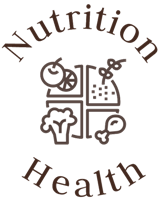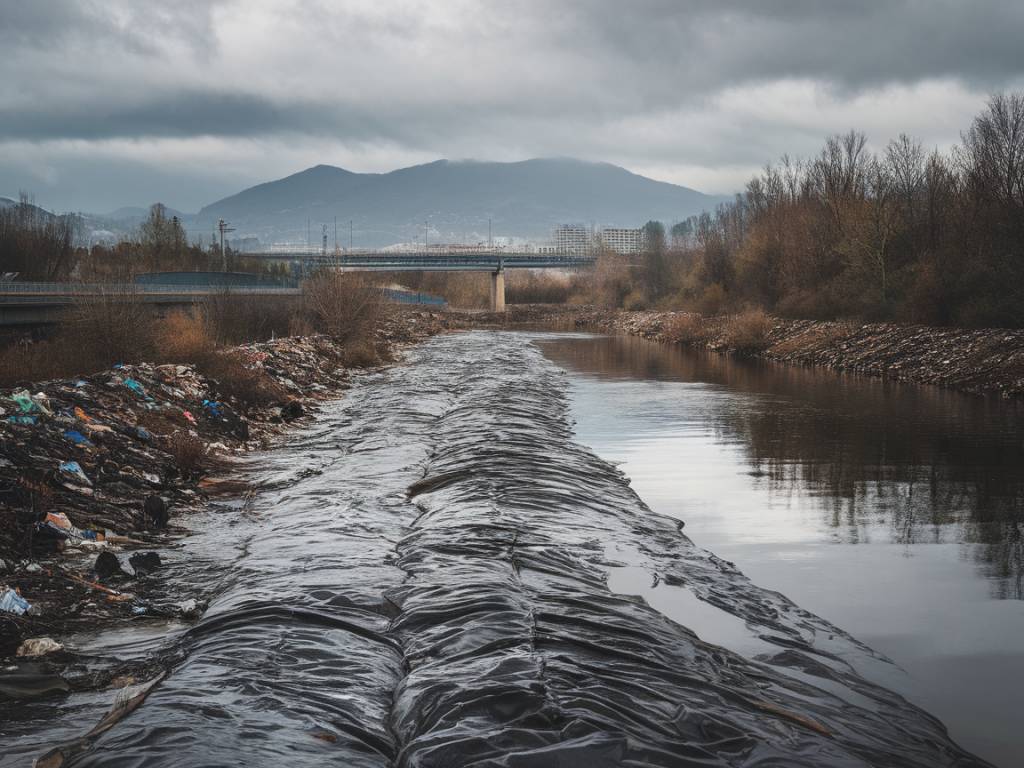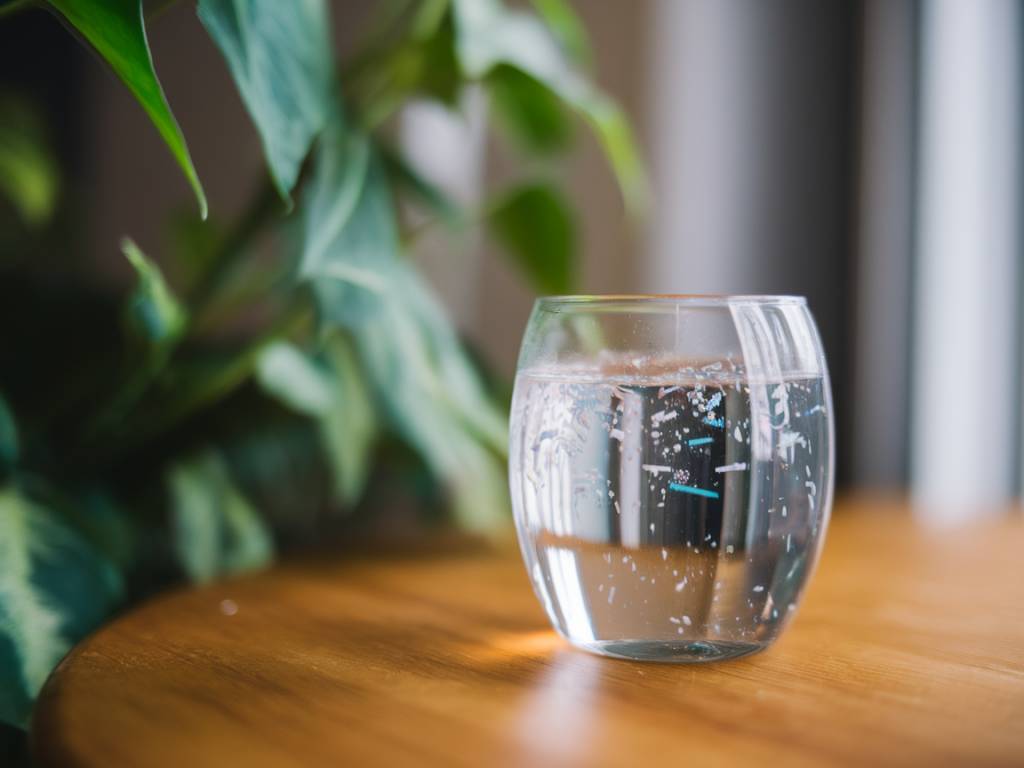Understanding Water Pollution
Water pollution is a term that we’ve all heard, but do we truly understand its implications? Imagine waking up one day and realizing that the water flowing from your tap is potentially harmful. Sounds alarming, right? That’s the reality many people face globally, and it’s a topic that needs our attention.
The Sources of Water Pollution
Water pollution isn’t just about industrial waste being dumped into rivers. It comes from various sources, each with its unique set of challenges. Industrial discharges, agricultural run-off, and even urban stormwater can contribute significantly. Ever thought about the chemicals you use on your lawn? When it rains, those substances can find their way into water bodies, leading to contamination. A severe case in point is the oil spill disasters that have long-term effects on marine life and water quality.
Impact on Public Health
The ramifications of water pollution on public health are profound. Contaminated water can cause illnesses ranging from mild gastrointestinal discomfort to severe conditions like cholera and dysentery. In some regions, people have little choice but to drink polluted water, risking these adverse effects. Have you ever had to think twice about the water you drink at a restaurant? For many worldwide, that’s a daily reality, not just a vacation hiccup.
Real-Life Scenarios
History has its dark chapters, but they also provide valuable lessons. Remember the Flint Water Crisis? Lead compounds contaminated the city’s water supply, leading to a public health emergency. It’s a stark reminder that water pollution can happen anywhere, even in developed countries. This incident underscores the importance of vigilance and regulation in maintaining water quality.
Water Pollution and Nutrition
You might be wondering, what’s the link between water pollution and nutrition? Well, it’s more connected than you might think. Water plays a crucial role in the growth of fruits and vegetables. When contaminated, it can lead to crops absorbing harmful substances, which in turn affects food safety. It’s a ripple effect that can severely impact nutritional quality and safety.
Steps We Can Take
Caring for our water resources is everyone’s responsibility. Here are some actionable steps we can all take:
- Reduce the use of harmful chemicals in cleaning and gardening.
- Support businesses and products that follow environmentally friendly practices.
- Participate in community clean-up efforts.
- Advocate for stronger environmental regulations.
Adding these habits to your daily routine not only helps reduce water pollution but also fosters a healthier lifestyle overall.
Innovative Solutions
The fight against water pollution isn’t bleak; innovation offers hope. Cities are exploring green infrastructure, like permeable pavements and rain gardens, to manage stormwater naturally. Technological advancements are also making water filtration more efficient and accessible. It’s like giving a modern twist to Mother Nature’s cleaning methods.
The Role of Hydration in Health
In our quest for well-being, hydration takes center stage. But what if the water itself poses a risk? Understanding where your water comes from and its quality is crucial. After all, water isn’t just a hydration tool; it’s a health ally. Investing in home filtration systems or opting for verified sources can provide peace of mind and contribute to overall well-being.
Your Next Steps
We’ve spent a lot of time discussing the impact of water pollution and its intricacies. Now, it’s time to reflect on what we can do individually and collectively. Imagine a world where clean water flows freely without fear of contamination. It takes effort, yes, but every drop of effort counts towards a healthier planet.
So, next time you turn on the tap, remember the journey that water has taken. Let’s ensure that journey keeps safety and wellness at its heart.




